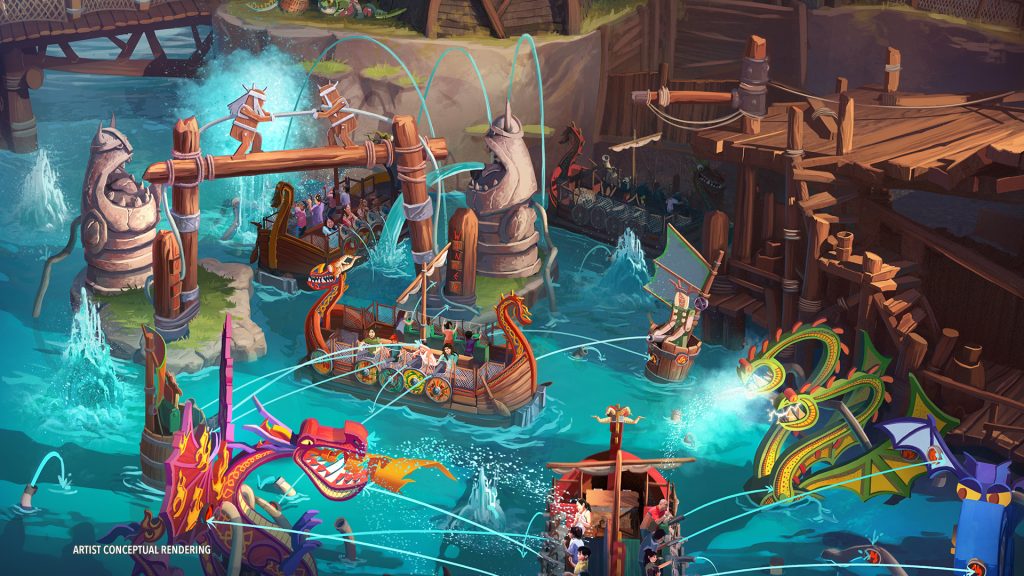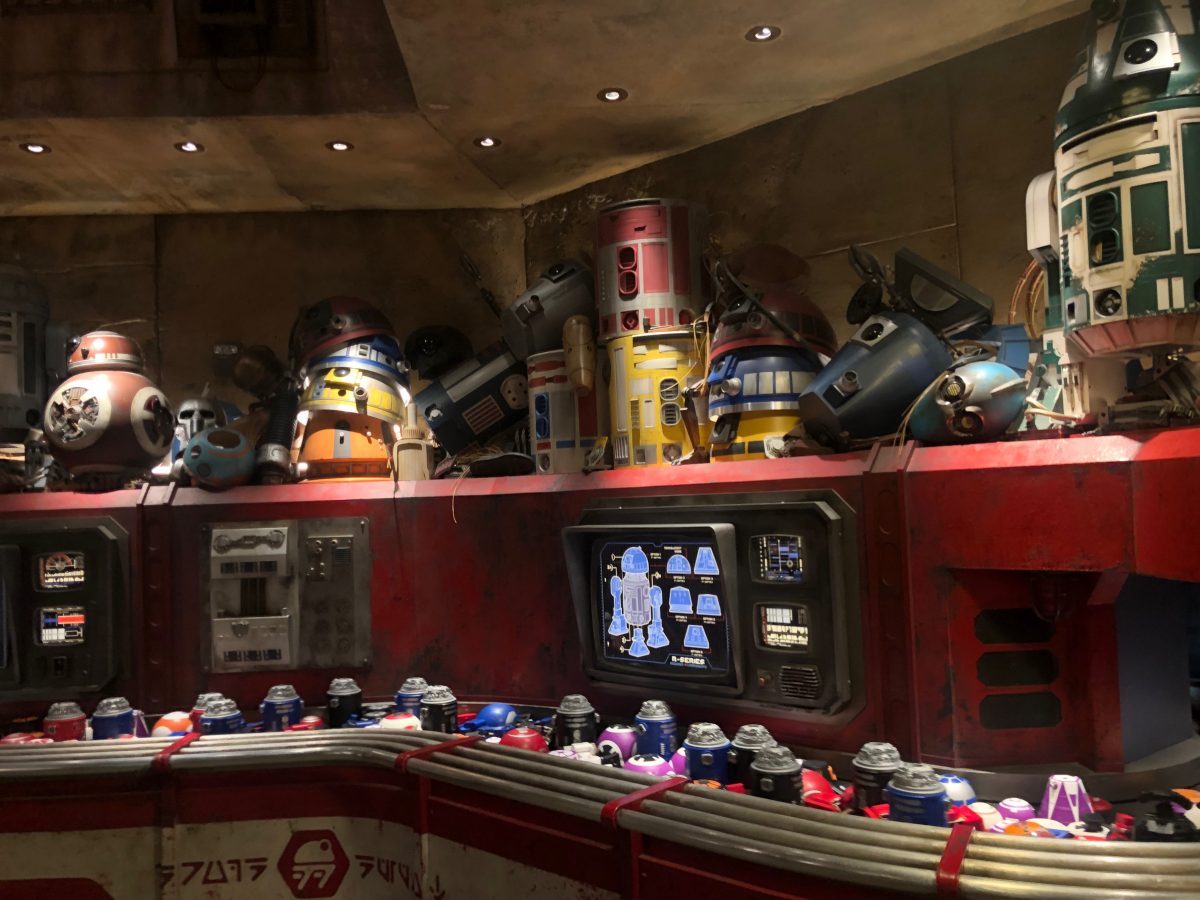The Importance of Intellectual Property (IP)
Intellectual Property whether its park owned or brought in to enhance a themed land or ride system, is a vital element to the modern-day leisure industry. IP excites guests the world over and can elevate a great ride system to one of the most popular crowd pullers in the world. In today’s competitive entertainment landscape, intellectual property (IP) has become a cornerstone of the theme park industry. Whether it’s a galaxy far, far away or a wizarding world, IP-based attractions are now the centerpiece of many parks’ branding and business strategies. But why is IP so crucial for theme park rides? Here’s a closer look.
- Built-In Audience and Brand Recognition
IP-based rides leverage existing fanbases. When parks build attractions around popular movies, TV shows, or characters (think Harry Potter, Star Wars, or Marvel), they tap into audiences who are already emotionally invested. This brand recognition creates instant appeal, reduces marketing costs, and boosts attendance.
Example: Universal’s “Fyre Drill” is one of several rides themed around the popular film series ‘How To Train Your Dragon’. Drawing in fans from around the world, excited to experience their beloved franchise brought to life in immersive detail.

- Enhanced Storytelling and Immersion
Modern theme parks are no longer just about thrills—they’re about story-driven experiences. Using a well-known IP gives designers a rich narrative world to build from. This enables deeper immersion, where guests feel like participants rather than spectators.
Example: LegoLand Japan’s “LEGO Ninjago World” isn’t just a park zone – it’s a fully interactive land where guests can live out their own Ninjago adventures, alongside their favourite characters. This immersive park zone includes our Quad Star aerial round-a-bout ride system, better known as ‘Kai’s Sky Masters’ in LegoLand Japan.

- Merchandising Opportunities
IP-based attractions open massive merchandising opportunities, from themed apparel and toys to food and collectibles. These additional revenue streams often outperform the ride itself in profitability.
Example: Disney’s “Star Wars: Galaxy’s Edge” offers a wide selection of enhanced immersion integrated with merchandising, for example ‘Droid Depot’ where guests can build their own remote controlled droid to take home. These immersive opportunities contribute significantly to merchandise revenue.

- Cross-Media Synergy
Theme park IPs often tie into broader entertainment ecosystems—movies, streaming shows, video games, and comics—creating synergistic marketing across platforms. A new movie release can renew interest in a related attraction, and vice versa.
Example: Alton Towers in the UK is home to ‘The World Of David Walliams’ an immersive land based on the books written by British comedian and author David Walliams. Gangsta Granny: The Ride is the lands show stopping dark ride system attracting crowds from across the UK.

- Competitive Differentiation
With so many theme parks vying for consumer attention, exclusive IP rights can give one park a strategic edge. It becomes a unique selling point that can’t be replicated by competitors.
Example: Studio Ghibli have 2 locations in the world, where guests can be immersed in the IPs of this beloved Oscar nominated film studio and their quirky characters. Rival parks are unable to use these IPS maintaining a competitive and unique offering for guests across immersive lands and exhibits.

- Emotional and Generational Appeal
Strong IPs often span generations. Parents introduce their favorite childhood characters to their kids, creating multi-generational experiences and long-term brand loyalty.
Example: Classic DC Comics characters like Superman, Batman, and Wonder Woman appeal to both nostalgic adults and today’s children. Spanning back as far as the 50s these generational IPs can be a real game-changer across theme parks, immersive experiences, and other family attractions.

IP is no longer just an add-on for theme park rides, and experiences—it’s a driving force. By blending beloved stories with cutting-edge ride technology, parks can offer experiences that resonate deeply with audiences, generate long-term revenue, and stand out in a crowded market. As IP-based attractions continue to dominate park development plans, it’s clear: story and brand have a major role to play in the future of themed entertainment.
 +44 (0)115 932 7082
+44 (0)115 932 7082 enquiries@garmendale.co.uk
enquiries@garmendale.co.uk

